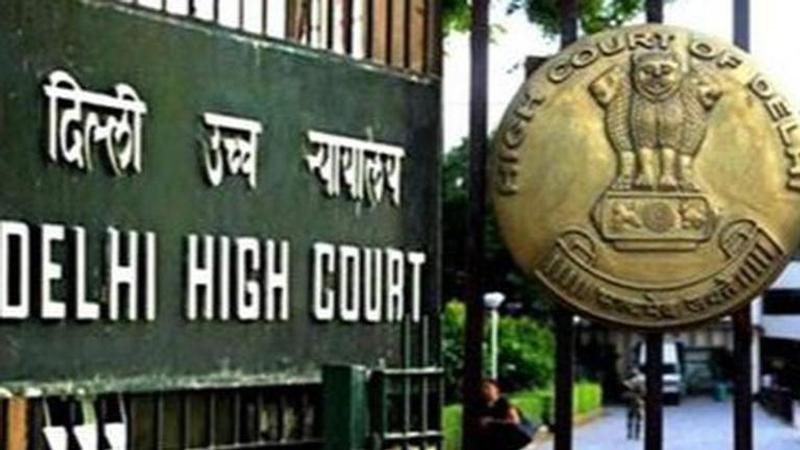Published 17:46 IST, February 10th 2020
HC seeks JNU's reply on pleas challenging decision to hold open-book exams
The Delhi High Court on Monday sought response of the Jawaharlal Nehru University on separate petitions challenging its decision to hold online open-book or take-home exams for the monsoon semester.

The Delhi High Court on Monday sought response of the Jawaharlal Nehru University on separate petitions challenging its decision to hold online open-book or take-home exams for the monsoon semester.
Justice Rajiv Shakdher issued notice to the Jawaharlal Nehru University (JNU) administration on the two petitions and listed it for further hearing on August 6.
The court said for the moment, examinations will be conducted in the matter as indicated in the minutes of meeting of Board of Studies of the schools and special centres having regard to the fact that the monsoon semester needs to be closed at the earliest. The judge noted that the core issue raised by the petitioners is whether the JNU could conduct examination via an alternate route which needs to be examined by the court.
The court was informed by central government standing counsel Monika Arora, representing JNU, that in various schools of the varsity, exams have already been conducted via regular mode and some have done it through the alternate mode.
Advocates Samiksha Godiyal and Abhik Chimni, appearing for petitioner teachers and students, said they were willing to accept it in this semester due to the time constraints.
In pursuance to earlier order, the authorities placed before the court the minutes of meetings of Board of Studies of the schools and special centres detailing the manner in which each of them wish to have examinations conducted.
The court had earlier asked JNU to deliberate with its academic council on how to complete the classes for the monsoon semester, which was disrupted due to a students' agitation on campus, and conduct exams.
It had directed the varsity to place before the academic council the recommendations of boards of studies of its various schools and special centres on completing the classes and conducting exams.
The court was hearing two separate petitions filed by the professors and students challenging the varsity's decision to conduct end-semester examinations for the 2019 monsoon semester through an alternative mode of uploading question papers on the university's website or sending them to students by e-mail, and receiving answer sheets through e-mail and WhatsApp messages.
The petitions have also opposed a varsity circular directing the professors to commence course work for 2020 winter semester, saying the directions were issued on instructions of the vice chancellor (VC) in exercise of his extraordinary powers under the JNU Act and the Statutes of the University.
The petitioners have contended in their pleas that the VC does not have the power to allow such examinations when the entire curriculum had not been covered in various schools and special centres under the university. The petitions also contended that the circulars have been issued without consultation with the faculty members.
"The impugned circulars direct end-semester examinations to be conducted even though the coursework and syllabus for each course of the 2019 monsoon semester has remained incomplete on account of student agitations at the university. The impugned circulars prescribe drastic changes in the pattern of end-semester examinations. They also permit registration of students for the next semester without completion of the academic requirements of the 2019 monsoon semester. These changes are illegal in the absence of approval of the Boards of Schools in duly convened meetings," it said.
The petitioners have sought quashing of the circulars, extension of the 2019 monsoon semester and direction to JNU to conduct classes, examinations and registration for each semester in strict compliance with the mandatory procedures.
Updated 17:47 IST, February 10th 2020




